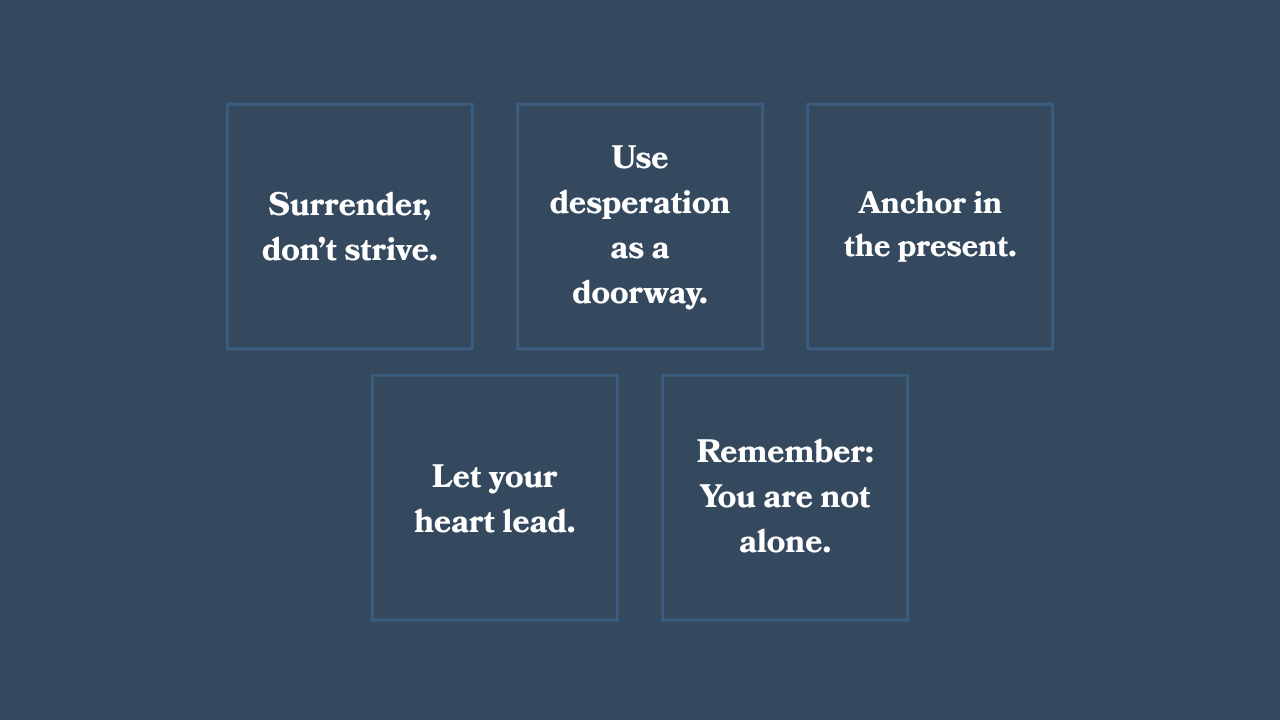What Is True Hope? Find Peace in Uncertainty
Jul 03, 2025
In moments of pain, crisis, or confusion, one question often emerges: What is hope, really?
Is it just positive thinking? A blind belief that things will get better? Or is it something much deeper—something that can carry us through despair when nothing else can?
This post is for anyone who has stood at the edge of uncertainty and wondered how to go on.
What Is Hope?
Hope is a deep inner state of surrender and trust that transcends the rational mind.
It is not about controlling outcomes or clinging to expectations. Hope arises when we accept our limitations, drop the masks of certainty, and open to the mystery of life with humility.
“Hope is the arrow of true humbleness toward life itself.”
It’s what keeps us grounded when everything else feels lost. It’s what whispers, “You are not alone,” even in the darkest night.
Why Is Hope Important?
Hope is more than an emotion, it’s a physiological, psychological, and spiritual resource that sustains human resilience.
In times of war, illness, or addiction, hope often becomes the one thread that keeps someone tethered to life. When a person realizes, “If I keep going like this, I won’t make it,” it’s hope that opens the door to change.
“Hope opens the door for the impossible.”
From a scientific perspective, this inner state matters. Research on heart coherence shows that when we enter a state of deep trust and presence—like the one hope invites—our body responds positively. The heart’s electromagnetic field becomes more balanced. Cortisol levels drop. The immune system strengthens. Our entire being shifts into coherence.
And emotionally? Hope is the antidote to worry. Worry pulls us into the future, into fear-based projections that disconnect us from our power. Hope brings us back—to now, to presence, to possibility.
Real Examples of Hope in Action
- In addiction recovery, hope arises when someone finally surrenders the manipulations of the personality and whispers, “I give up. Please help me.” From this surrender, real healing begins.
- In serious illness, when no treatment seems to work, hope is the choice to keep showing up to ask for guidance, to feel that life is still holding you.
- In emotional collapse or spiritual crisis, hope often looks like falling to your knees and saying, “I don’t know.” That honest not-knowing is the space where grace enters.
Tips and Reminders for Cultivating Hope

-
Surrender, don’t strive.
Hope is not forced. It emerges when we let go of control and open to something beyond the ego’s understanding.
-
Use desperation as a doorway.
Desperation is not the end. It’s the gate. If you allow it, it can lead you to a deeper relationship with truth, humility, and grace.
-
Anchor in the present.
Worry thrives in the future. Hope lives in the now. Practice breath, stillness, and awareness to come back to what is real.
-
Let your heart lead.
Hope is not an intellectual concept. It’s a felt experience in the body, especially the heart. When you tune in, you can feel its vibration—even in the hardest moments.
-
Remember: You are not alone.
Whether you call it God, nature, life force, or your higher self—hope is the quiet knowing that something is walking with you, always.
The Soft Strength We Call Hope
It is the sacred thread that pulls us back to life when all seems lost. It is a force that asks us not to know, but to trust. It is the invisible hand that steadies us as we walk through the unknown. And it is the root of peace, presence, and transformation.

May we all learn to walk with hope—not as an escape, but as an invitation into deeper presence, truth, and connection.
Stay connected with news and updates!
Join our mailing list to receive the latest news and updates from our team.
Don't worry, your information will not be shared.

